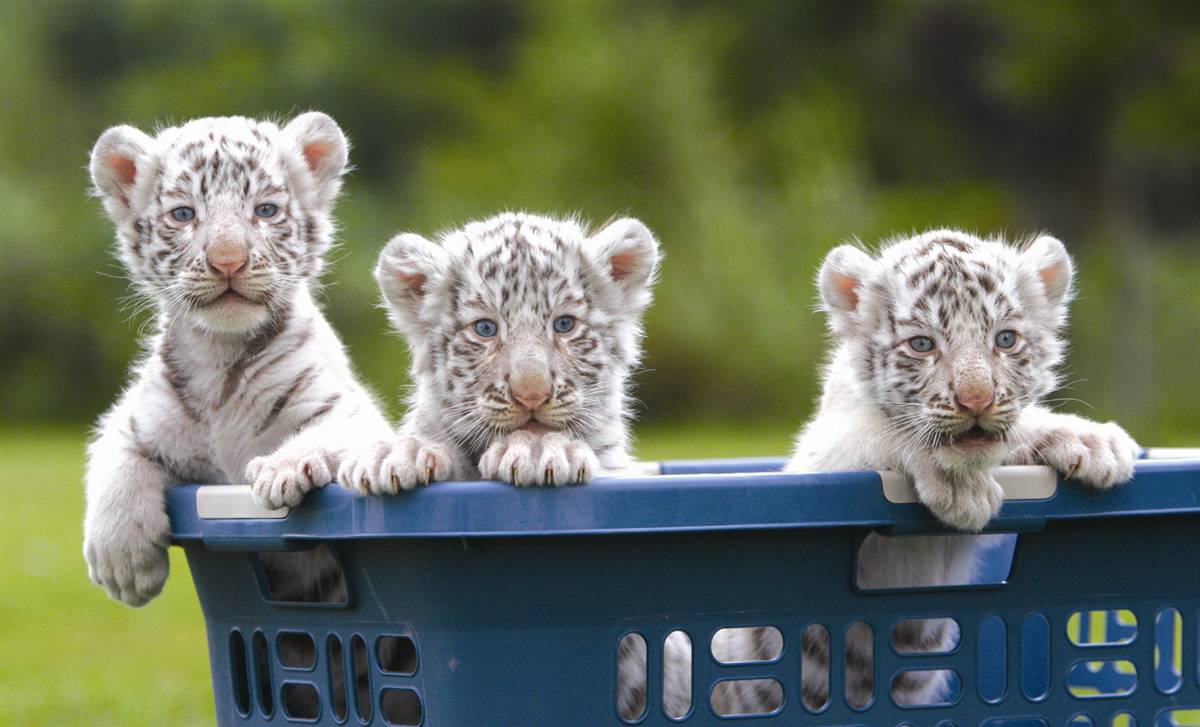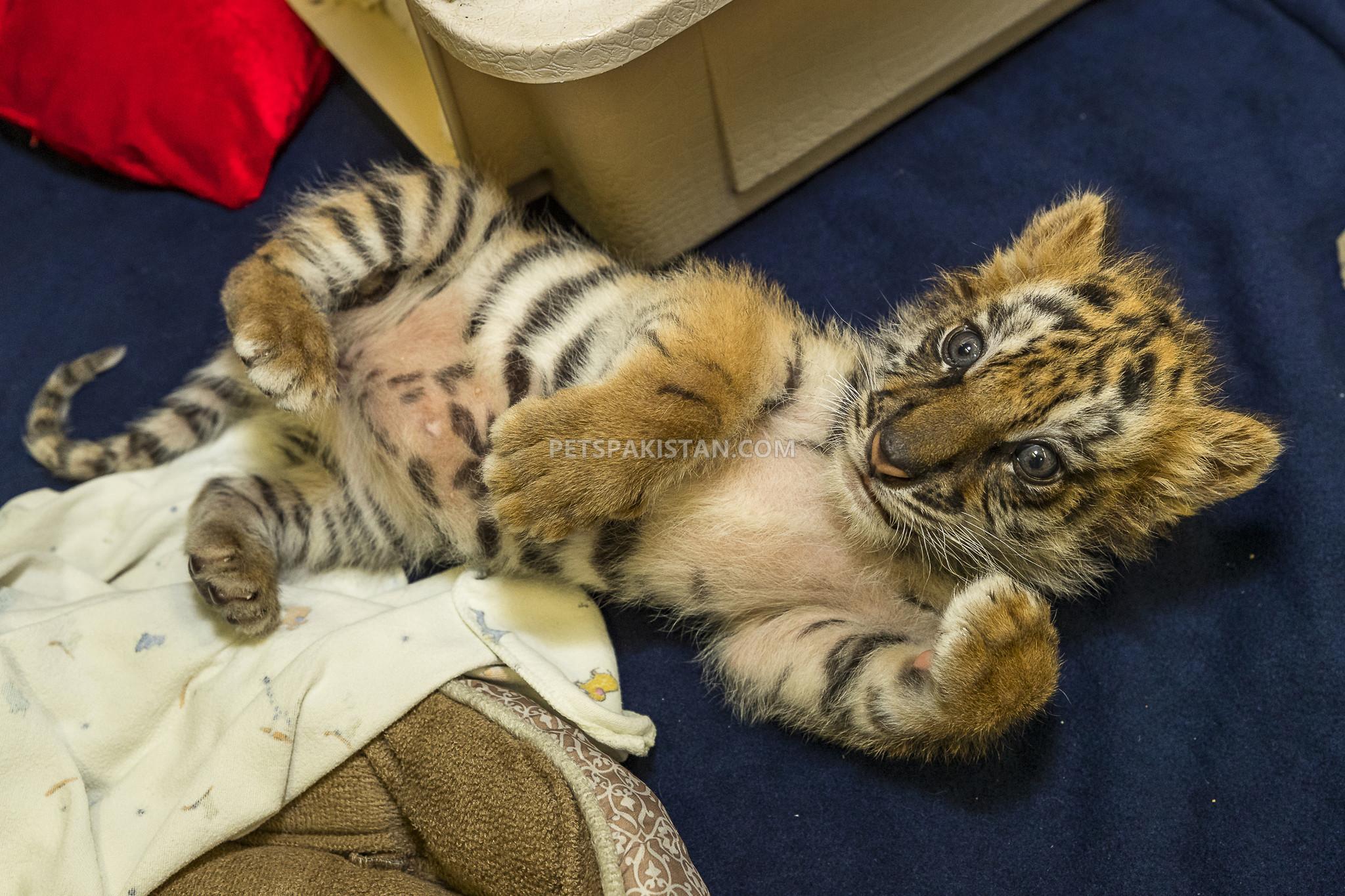Buying tiger cubs has become a controversial topic, raising ethical concerns and sparking debates worldwide. The trade of tiger cubs is a lucrative yet highly regulated industry, intertwined with conservation efforts, legal restrictions, and animal welfare concerns. As we delve into this subject, it's essential to understand the complexities surrounding the sale of tiger cubs and the implications of this trade.
The global fascination with exotic animals, including tiger cubs, has driven demand for these majestic creatures. However, the sale of tiger cubs is not as straightforward as it may seem. Various factors, including legal regulations, ethical considerations, and conservation efforts, play a significant role in shaping this industry. In this article, we will explore the intricacies of buying tiger cubs and the impact it has on wildlife conservation.
Our aim is to provide an informative and balanced perspective on the topic of tiger cubs for sale, ensuring that readers are well-informed about the legal, ethical, and environmental aspects of this controversial trade. Whether you're a potential buyer, a conservationist, or simply curious about the subject, this article will equip you with the knowledge you need to make informed decisions.
Read also:Adrienne C Moore Husband A Comprehensive Look Into Her Life And Family
Table of Contents
- Introduction to Tiger Cubs
- Legal Aspects of Buying Tiger Cubs
- Ethical Considerations
- Conservation Efforts
- Market Demand for Tiger Cubs
- Health and Welfare of Captive Tigers
- Responsibilities of Owning a Tiger Cub
- Sources and References
- Common Questions About Tiger Cubs for Sale
- Conclusion
Introduction to Tiger Cubs
Tiger cubs are undeniably adorable, with their playful demeanor and striking appearance. However, their charm often overshadows the complexities of their existence in captivity. Understanding the biology, behavior, and natural habitat of tiger cubs is crucial before considering their purchase.
Characteristics of Tiger Cubs
Tiger cubs are born blind and rely heavily on their mothers for the first few months of their lives. During this time, they develop rapidly, both physically and socially. By the age of two, they are typically independent and ready to venture into the wild. However, in captivity, their development is often stunted due to limited space and social interaction.
Types of Tigers
There are several subspecies of tigers, each with distinct characteristics. The most commonly traded tiger cubs include:
- Bengal Tigers
- Siberian Tigers
- Sumatran Tigers
Legal Aspects of Buying Tiger Cubs
The legality of buying tiger cubs varies significantly from one country to another. In some regions, it is strictly prohibited, while in others, it is regulated under specific conditions.
International Laws
The Convention on International Trade in Endangered Species (CITES) plays a pivotal role in regulating the trade of tiger cubs. According to CITES, all tiger subspecies are listed under Appendix I, which prohibits international commercial trade.
National Regulations
Many countries have enacted laws to restrict or ban the sale of tiger cubs. For instance, the United States requires permits for owning exotic animals, and some states have outright bans on private ownership.
Read also:Bob Muyskens Height A Comprehensive Guide To His Life Career And Physical Attributes
Ethical Considerations
The ethical implications of buying tiger cubs are profound. Critics argue that the trade perpetuates animal exploitation and undermines conservation efforts. On the other hand, proponents claim that captive breeding programs can aid in species preservation.
Animal Welfare
Captive tigers often face inadequate living conditions, leading to physical and psychological distress. Ensuring their welfare is a moral obligation that must be addressed by anyone involved in the trade.
Conservation Ethics
Conservationists emphasize the importance of preserving tigers in their natural habitats rather than confining them to captivity. They argue that the focus should be on protecting wild populations rather than promoting private ownership.
Conservation Efforts
Conservation organizations worldwide are working tirelessly to protect tiger populations. Their efforts include habitat preservation, anti-poaching initiatives, and public awareness campaigns.
Habitat Preservation
Protecting tiger habitats is crucial for their survival. Deforestation and human encroachment pose significant threats to their natural environment, making conservation efforts essential.
Anti-Poaching Measures
Poaching remains a major threat to tiger populations. Governments and NGOs collaborate to implement anti-poaching strategies, such as increasing patrolling efforts and imposing stricter penalties on offenders.
Market Demand for Tiger Cubs
The demand for tiger cubs is driven by various factors, including exotic pet ownership, entertainment industries, and traditional medicine. Understanding the drivers of this demand is key to addressing the issue.
Exotic Pet Trade
Owning exotic pets, including tiger cubs, has become a status symbol for some individuals. However, the challenges of caring for such animals often lead to neglect and mistreatment.
Entertainment Industry
Tiger cubs are frequently used in circuses, zoos, and other entertainment venues. While this provides opportunities for public education, it also raises concerns about animal welfare and exploitation.
Health and Welfare of Captive Tigers
Captive tigers face numerous health challenges, including nutritional deficiencies, genetic disorders, and psychological issues. Ensuring their well-being requires specialized knowledge and resources.
Nutritional Needs
Tigers have specific dietary requirements that must be met to maintain their health. Providing a balanced diet is essential for their growth and development.
Psychological Well-being
Captive tigers often experience stress and anxiety due to limited space and lack of stimulation. Enrichment programs and proper socialization can help mitigate these issues.
Responsibilities of Owning a Tiger Cub
Owning a tiger cub comes with significant responsibilities. Potential owners must be prepared to invest time, money, and effort into providing a suitable environment for their pet.
Financial Commitment
The cost of owning a tiger cub extends beyond the initial purchase price. Expenses such as food, veterinary care, and housing must be considered before making a commitment.
Long-term Care
Tigers have a lifespan of 15-20 years, requiring long-term commitment from their owners. Planning for their future care is essential to ensure their well-being throughout their lives.
Sources and References
This article draws information from reputable sources, including:
- World Wildlife Fund (WWF)
- International Union for Conservation of Nature (IUCN)
- Convention on International Trade in Endangered Species (CITES)
Common Questions About Tiger Cubs for Sale
Here are some frequently asked questions about buying tiger cubs:
Can I legally buy a tiger cub?
The legality of buying a tiger cub depends on the country and local regulations. It is essential to research and comply with all applicable laws before proceeding.
How much does a tiger cub cost?
The price of a tiger cub can vary significantly, ranging from a few thousand to tens of thousands of dollars, depending on the subspecies and breeder.
Conclusion
The trade of tiger cubs for sale is a complex and controversial issue that requires careful consideration. While some argue that captive breeding programs can aid in conservation efforts, others emphasize the ethical and environmental implications of this trade. As we have explored in this article, the decision to buy a tiger cub involves numerous factors, including legal, ethical, and conservation considerations.
We encourage readers to reflect on the information provided and make informed decisions. If you have questions or concerns, feel free to leave a comment or explore other articles on our website for further insights. Together, we can contribute to the protection and preservation of these magnificent creatures.


